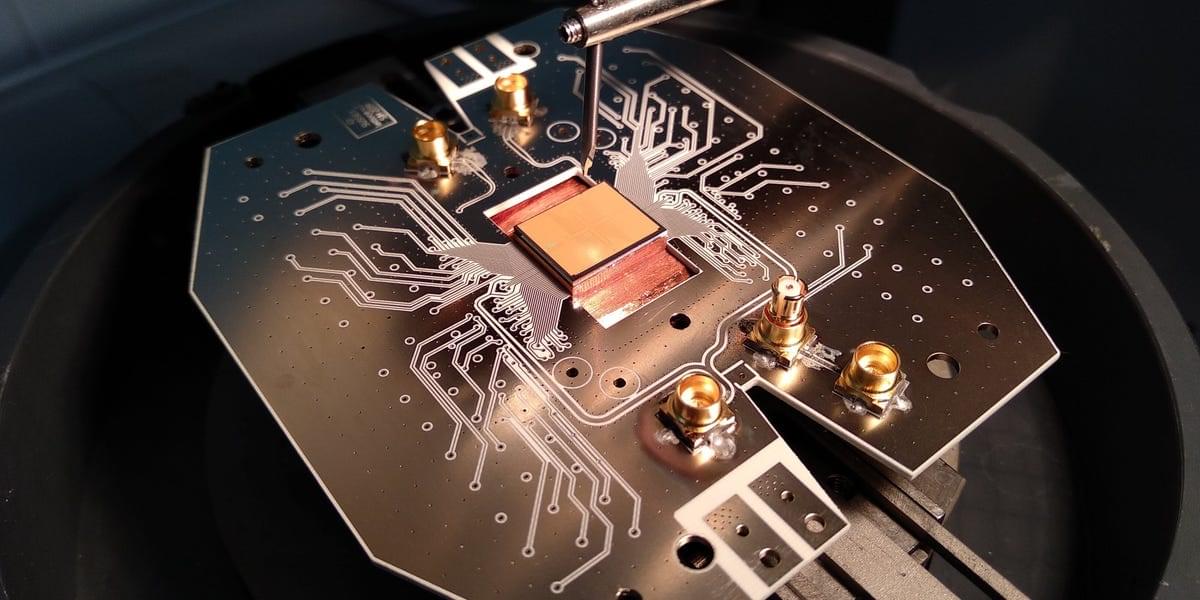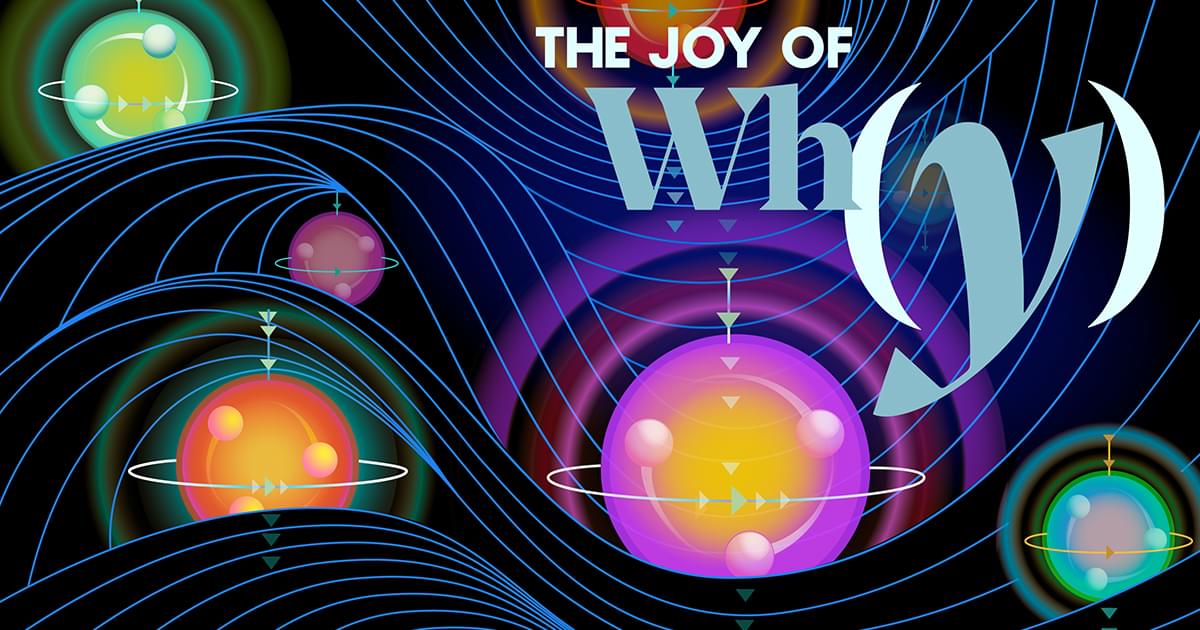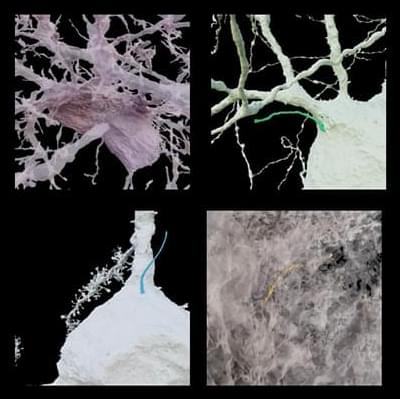What do you think of when it comes to extra terrestrial life? Most popular sci-fi books and TV shows suggest humanoid beings could live on other planets. But when astronomers are searching for extra-terrestrial life, it is usually in the form of emissions from bacteria or other tiny organisms.
A new research paper in the Astrophysical Journal suggests that Cambridge scientists have managed to find this type of emission with a certainty of 99.7% from a planet called K2-18b, 124 light years away. They used NASA’s James Webb Space Telescope to analyze the chemical composition of the planet’s atmosphere and say they found promising evidence K2-18b could host life.
It’s an exciting breakthrough, but it doesn’t confirm alien life.






